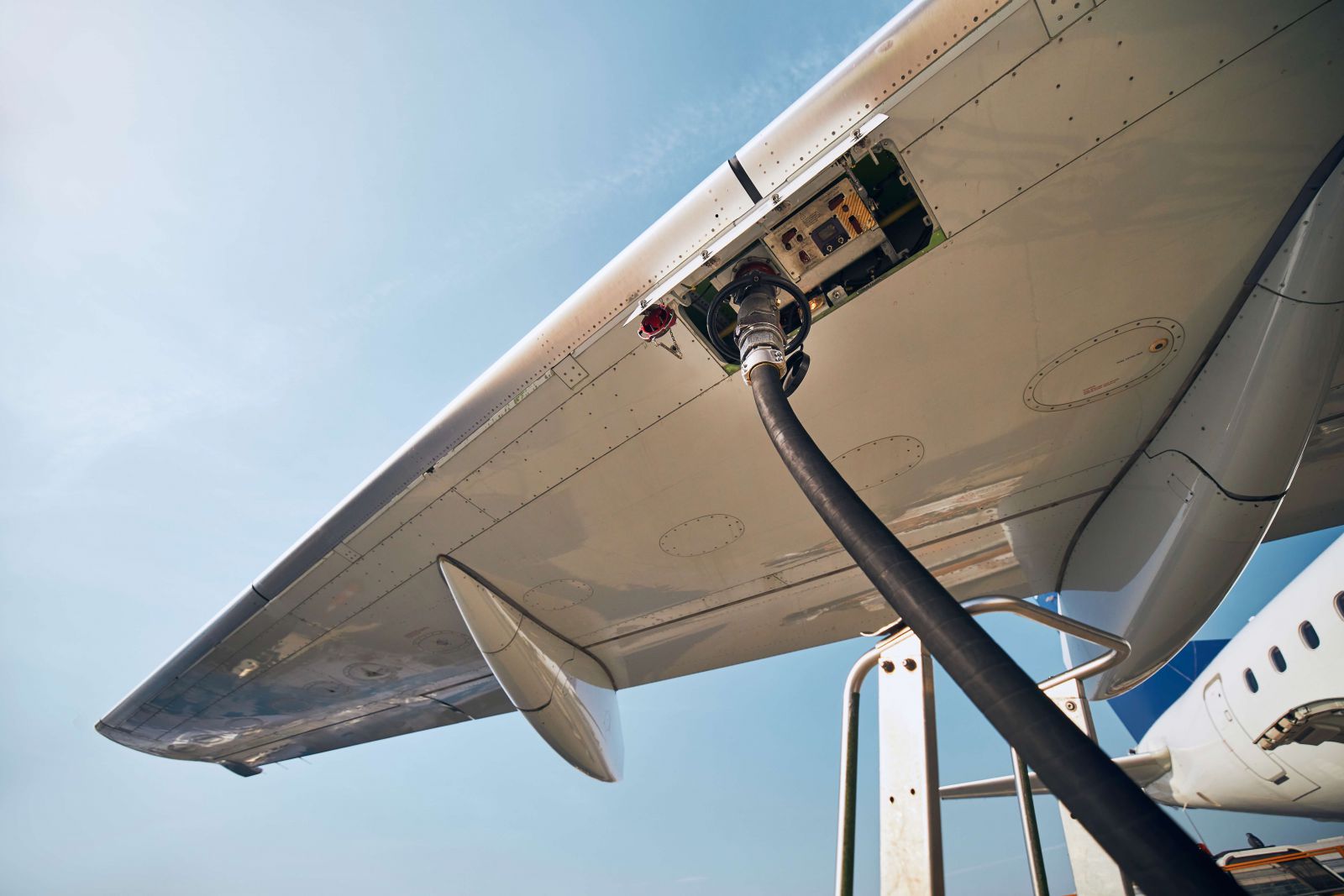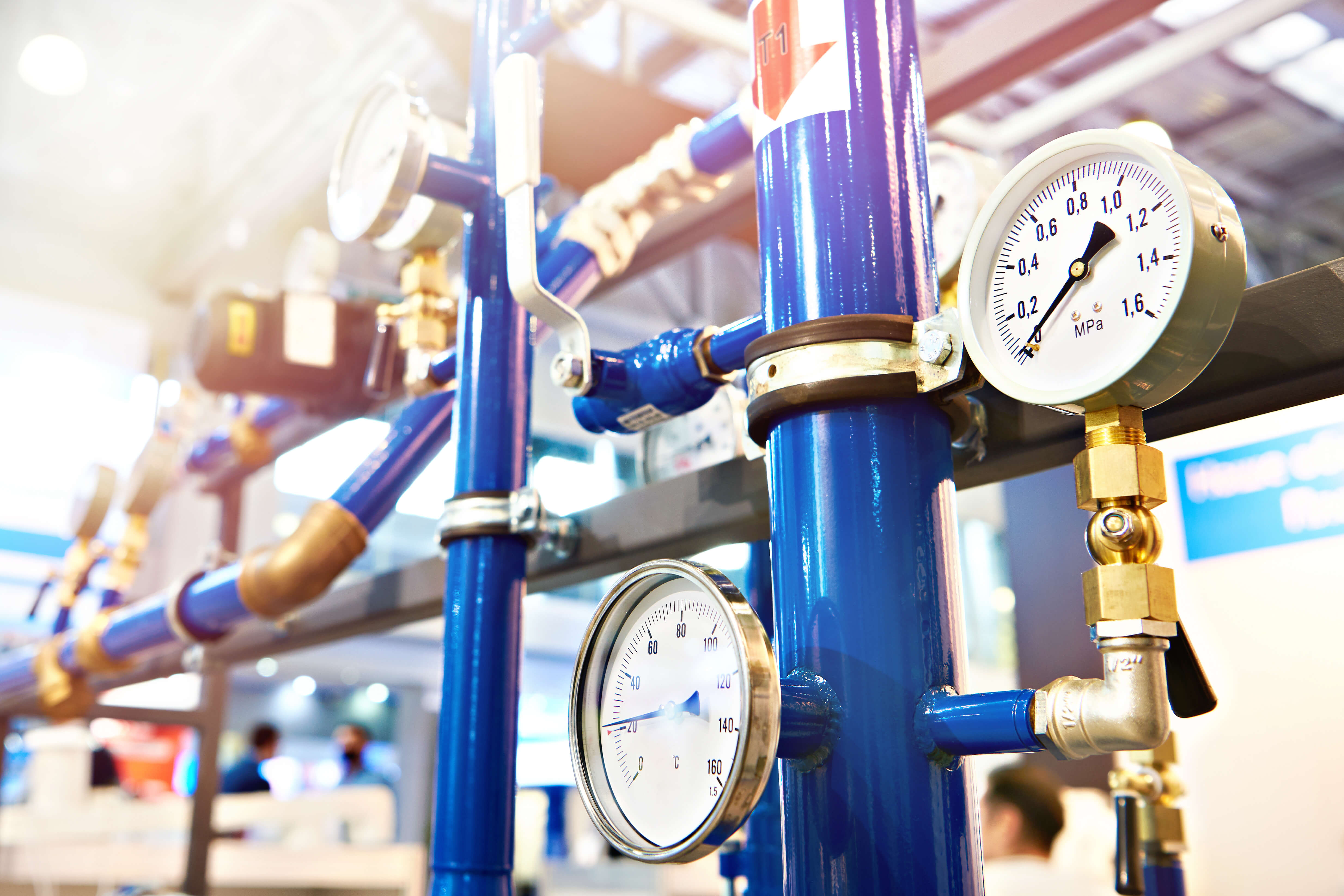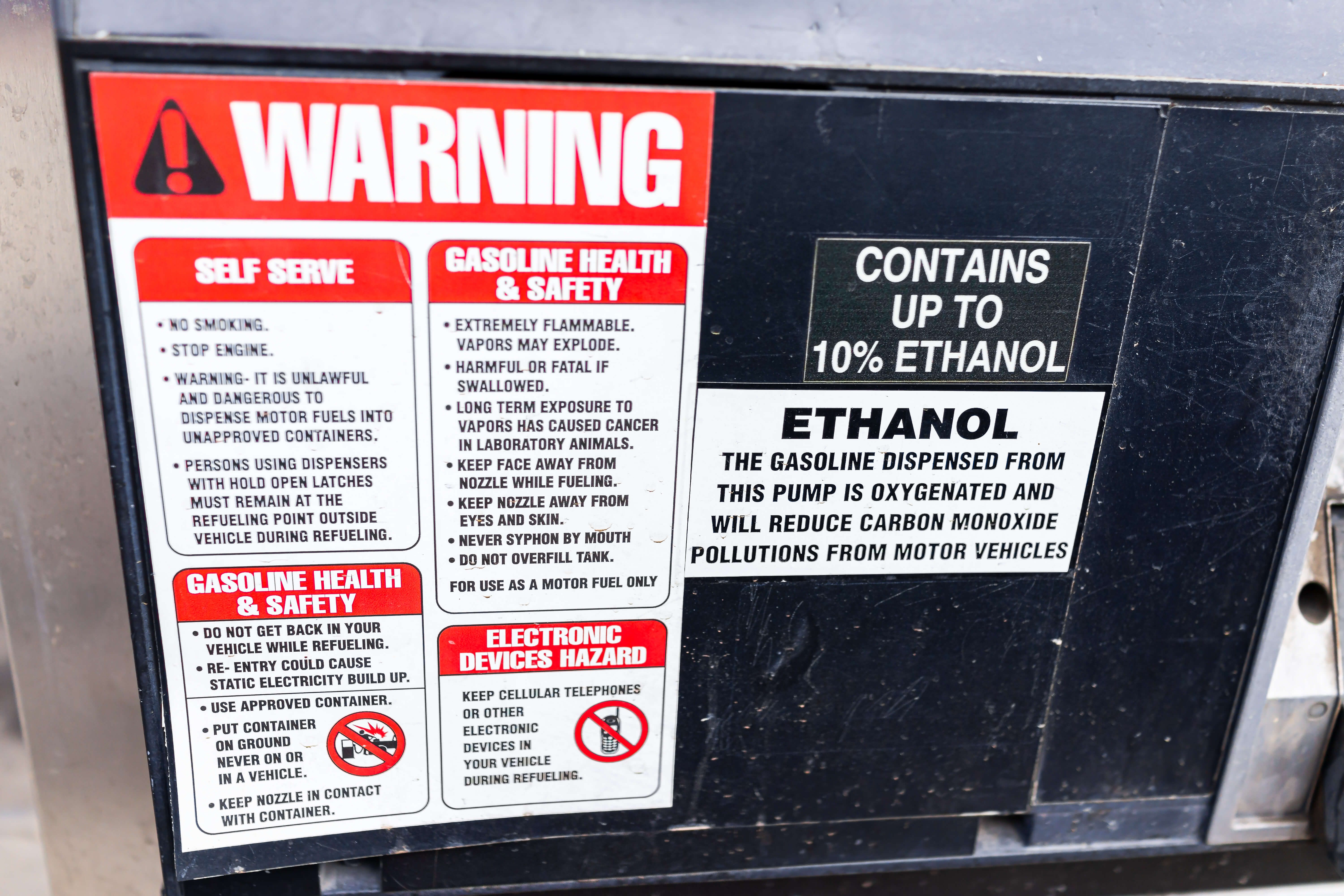Performance Fuels

Why Not Avgas?
- Category:
- Fuel Facts
by Classic Motorsports
Posted on 8/29/2024

This isn’t a new idea: Why not run aviation fuel when seeking more power? Thanks to its high octane and lack of ethanol, this avgas sounds intriguing.
High Octane: Pump fuel intended for cars and trucks is rated on the Anti-Knock Index, which is the average between the Research Octane Number and the Motor Octane Number. Avgas, however, is rated on a slightly different scale. As a result, the avgas 100 found at many regional airports would have about as much knock resistance as a 105-octane fuel intended for cars and trucks.
Highly Refined: Zachary J. Santner, senior specialist of quality at Sunoco, notes that avgas can be more refined and consistent than the fuel found at the corner store. Vapor pressure for avgas, he explains, often falls between just 5.5 and 7.1 psi; depending on the season and location, typical pump fuel for passenger cars can range from 5 to 15 psi. However, Santner adds that his company’s race products never deviate, always following the same formula.
Zero Ethanol: Avgas doesn’t contain any ethanol. While ethanol can help gasoline make more power, it can also cause hardware issues in older vehicles. “Can’t pull your plane over on the side of the road if there’s a problem with the fuel system,” Santner notes.
Some Lead: Not only does lead cause smog, but it’s not compatible with the oxygen sensors and other pieces of emissions equipment found in most cars built since the ’70s. Even avgas 100LL, a newer, low-lead option, still contains lead–about 1.9 grams per gallon.
Legality and Logistics: Avgas isn’t taxed for road use, and cars might not be welcome on the taxiways at the local airport.
Unnecessary Additives: Avgas contains some of the same additives found in pump fuel, including corrosion inhibitors and antioxidants that increase shelf life. However, some of its additives aren’t found in car fuels–like compounds that prevent icing and static electricity. “It’s just more additives that you don’t need,” Santner notes. “Car gas has additives designed for cars, and airplane gas has additives designed for airplanes.”




